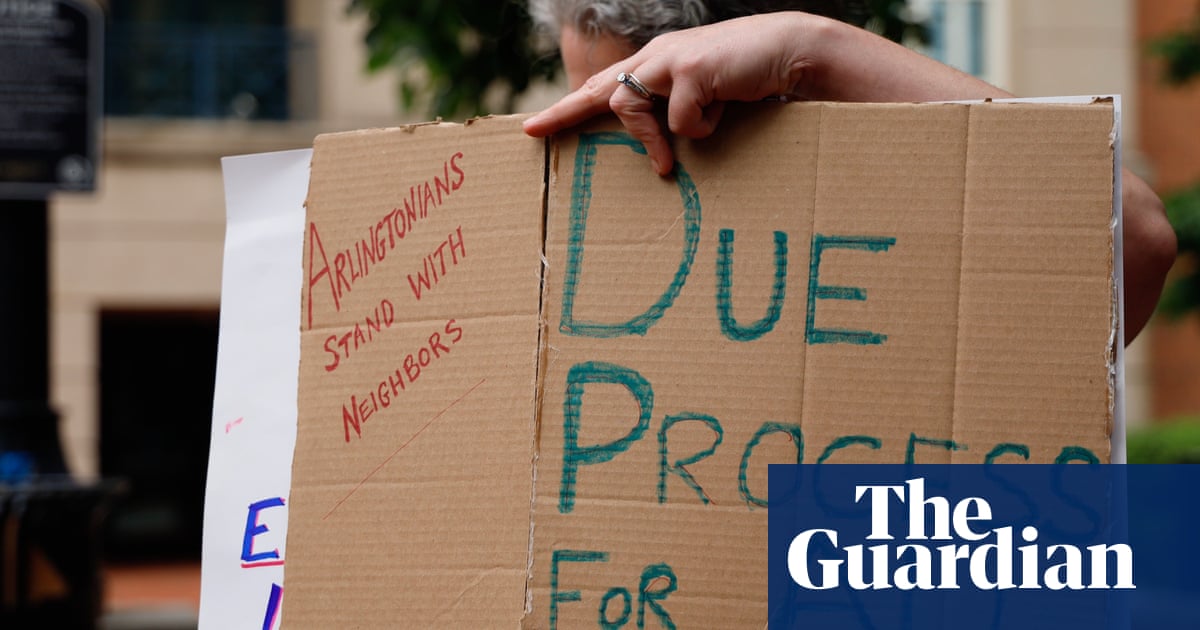A federal judge ordered theTrump administrationlate Friday night to facilitate the return of a Guatemalan man it deported to Mexico, in spite of his fears of being harmed there, and who has since been returned to Guatemala.
The man, who is gay, had applied for asylum in the US last year after he was attacked twice in homophobic acts of violence in Guatemala. He was protected from being returned to his home country under aUS immigrationjudge’s order at the time, but the Trump administration put him on a bus and sent him to Mexico instead.
The US district judge Brian Murphy found the man’s deportation likely “lacked any semblance of due process”. Ina declarationto the court, the man, identified by his initials OCG in legal filings, said that since he was returned to Guatemala two months ago, “I have been living in hiding, in constant panic and constant fear”.
An earlier court proceeding determined that OCG risked persecution or torture if returned toGuatemala, but he also feared returning to Mexico. He presented evidence of being raped and held for ransom there while seeking asylum in the US.
“No one has ever suggested that OCG poses any sort of security threat,” Murphy wrote in his order. “In general, this case presents no special facts or legal circumstances, only the banal horror of a man being wrongfully loaded onto a bus and sent back to a country where he was allegedly just raped and kidnapped.”
Murphy’s order adds to a string of findings by federal courts against recent Trump administration deportations.
Last week, Murphy, a Biden appointee, found that the Trump administration had violated an order he issued barring government officials from deporting people to countries not their own without first giving them sufficient time to object.
In a hearing, the homeland security department said that seven immigrants had been deported Tuesday on a flight to a third country, but they refused to say where the men were going. It waslater revealedthat the men were told they were being sent to South Sudan.
In that case, Murphy said that the government had given the seven men little more than 24 hours’ notice that they were being removed from the US, which he called “plainly insufficient”, and could result in a finding of criminal contempt.
Other cases that have been spotlighted for rapid deportations include that of Kilmar Ábrego García, who was sent to El Salvador. The US supreme court ordered the government to “facilitate” Ábrego García’s return, but the White House has said it is not within its power to do so.
That case sparked a legal joust over the supreme court’s practicable meaning of “facilitate”.
In his ruling, Murphy noted the dispute over the use of the verb, saying that returning OCG to the US is not that complicated.
“The Court notes that ‘facilitate’ in this context should carry less baggage than in several other notable cases,” he wrote. “OCG is not held by any foreign government. Defendants have declined to make any argument that facilitating his return would be costly, burdensome, or otherwise impede the government’s objectives.”
The Associated Press contributed reporting
